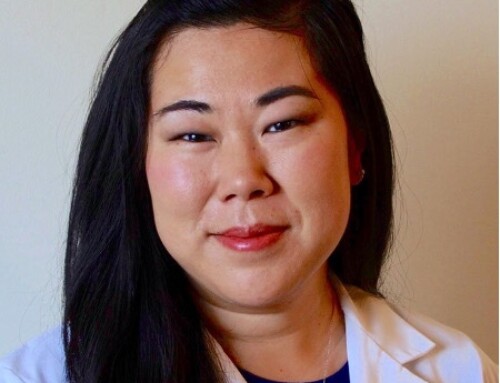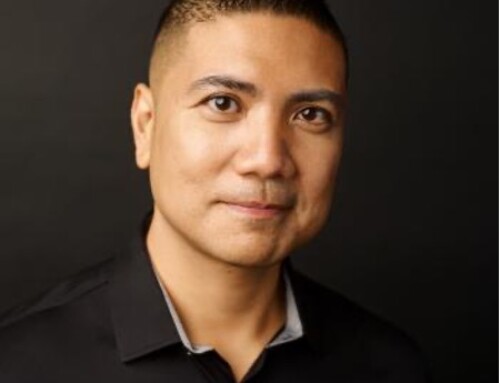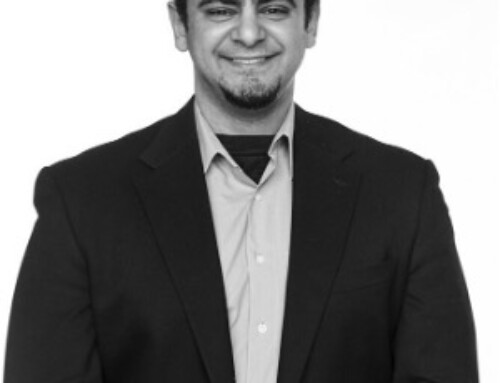I have known Dr. Scott Weingart for several years now and have watched with amazement about how quickly he established his academic reputation in critical care through the little podcast that could, EMCrit, in 2009 into a worldwide standard. His mantra is: “Bringing upstairs care, downstairs one podcast at a time.” Scott also has blanketed the lecture circuit, and I look forward to catching up with him when he comes to speak at our upcoming UCSF High Risk Emergency Medicine Hawaii (#HREM15). In response to Dr. Rob Mac Sweeney’s nomination for this series, Scott was kind enough to share some of his insights.

- Name: Scott Weingart, MD
- Location: Stony Brook, New York
- Current job: Chief, Division of Emergency Critical Care Stony Brook Hospital
- One word that best describes how you work: Logistics! It is both the focus of my work and the way I want to be working. I seek to understand how things happen and then break down and rebuild the process to make it as smooth, effective, and intuitive as possible.
- Current mobile device: A work iPhone 5S and a home iPhone 5
- Current computer: I am on a self-built PC that is tricked out for audio and video production. I also have an Ultrabook PC for travel and a second PC laptop for complicated audio workflows. I just received a Macbook Pro, which I hope will get me back into the flow of OS so I can eventually switch off Windows forever. Also, I love my full-sized iPad.
What’s your office workspace setup like?
I have an office at the hospital, but I can’t get creative work done there. I rent a studio for EMCrit and other creative work. The space is quiet and optimized for podcast production.

What’s your best time-saving tip in the office or home?
Others in this series have spoken about saying no as much as possible. A further honing of this principle that was game-changing for me was this: Whenever someone is offering you an opportunity, ask yourself if the event was coming up or the chapter was due next week; and you had 10 other things that you were in the midst of, and your kid was sick; would you still be excited to be doing this thing. If the answer is yes, go for it—otherwise say no. This was not my creation, but I can’t remember the attribution. We have a cognitive bias regarding assessing our time in the future. When you think about 4 months from now, you envision your calendar as wide open—a gaping hole just begging to be filled with this new thing. Of course when the event is actually coming up, your calendar has overfilled around it, and now you look at the offer as a burden rather than a treat. Anything you can do to eliminate this bias will help you choose the things that really matter.
What’s your best time-saving tip regarding email management?
The most important productivity book out there in my opinion is Getting Things Done (GTD) by David Allen. I read it when I was a chief resident– that was the first time in my life that I had to manage more things than I could keep in my head. The book changed my life and how I go about everything I do.
If you apply the GTD approach to email, you will touch each message only once. Either archive it, act on it now if you can get whatever you need to do done within a couple of minutes, or put a task based on it in a trusted list to get it done later.
Many folks mistake the internet meme of “Inbox Zero” as having no messages in your email inbox. That is not quite it; instead the key is to have no messages there that you have not already made a decision on. That is what kills us about opening our email—all these reminders of decisions we don’t want to make or work we don’t want to do.
All that blather aside, we all receive too much email and it is becoming an insurmountable problem. I still respond to every message sent regarding EMCrit, but I’m not sure if this is sustainable.
What’s your best time-saving tip in the ED?
Less of time-saving and more of a mind-saving tip: If you have any control over the environment then work towards reducing flow-destroying interactions and circumstances. When we are in flow-state we perform better and leave the shift elated rather than drained. Flow-destroying situations include task interruptions, unnecessary alarms, fights with other services, and poor physical plant/work set-ups. All these are preventable and fixable with forethought and a group of colleagues that want change.
ED charting: Macros or no macros?
Definitely macros, but you need to be exceedingly careful about how and when you use them. Let’s stop pretending that charting does anything good for our patients. If we cared about that, we would spend all our time writing the 3 lines that described why they came and what we did. That would be the whole chart. Charting in its current form is for two reasons only: Billing and Avoiding Lawsuits. So be as savvy as possible to accomplish those two goals. Macros can help with that a bunch.
What’s the best advice you’ve ever received about work, life, or being efficient?
There is a definite path to success in academic medicine. Numerous mentors laid it out for me during my resident and fellow years. I never wanted to walk down that path. You can blaze your own trail and still succeed in academic medicine, but you’ll have to work much, much harder to get to the same place. However, for the right personality-type that journey will be far more enjoyable.
Is there anything else you’d like to add that might be interesting to readers?
The parts I truly love about the work I do in my non-clinical time are all creative. I am not painting exquisite portraits, but the impulses and the rewards feel the same to me. Unfortunately, for every hour I can create there are 10 hours of maintenance, upkeep, and busywork to make the creative work possible. I dream of finding ways to significantly increase that ratio. I spend a bunch of time searching for those ways; I imagine many of us are in the same boat. Hopefully, series like this one will help.
Who would you love for us to track down to answer these same questions
I’m going to go off of the SoMe beat and suggest
- Jeff Kline
- Bob Wears
- Ian Stiell




